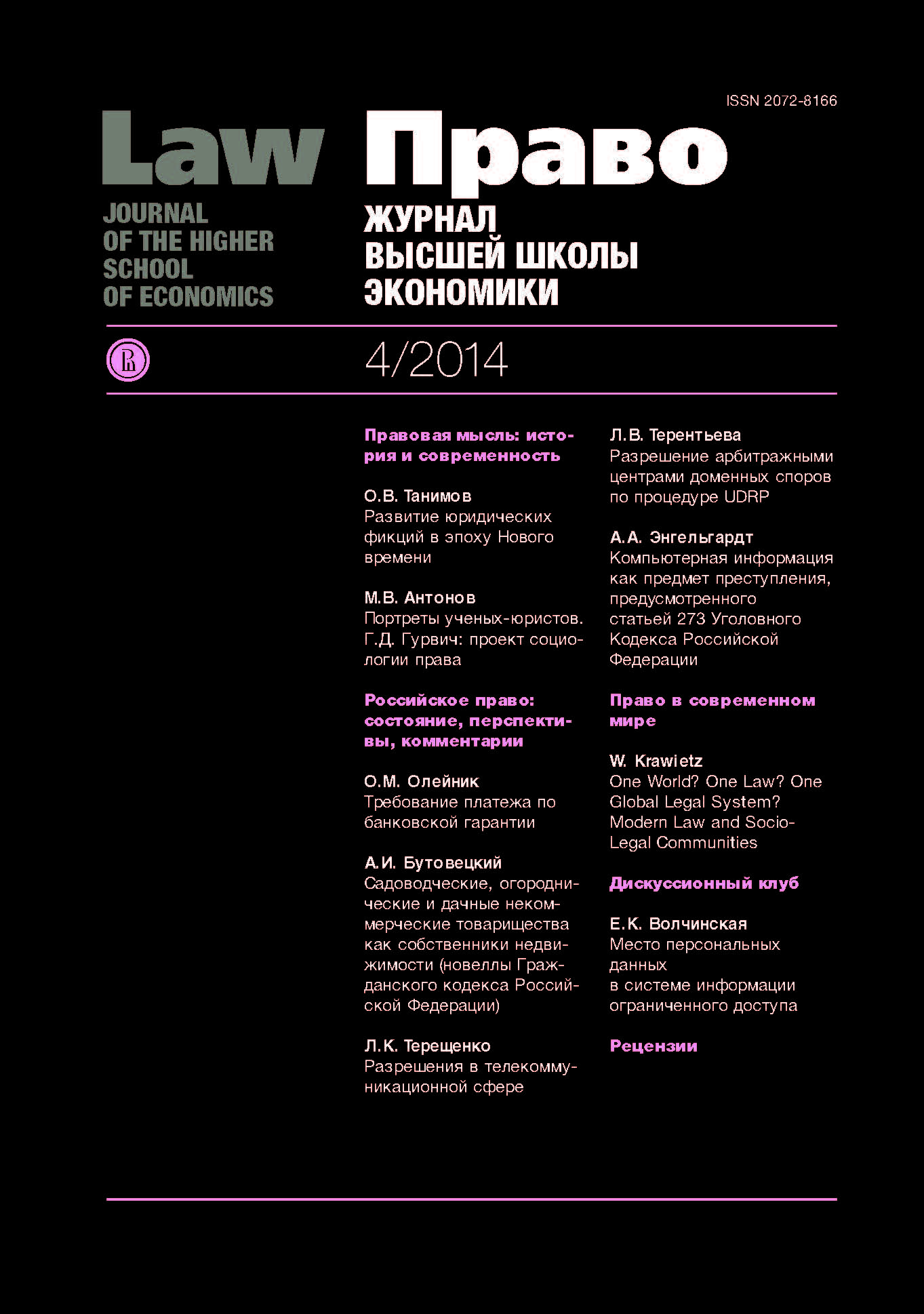Civil Service in Mengjiang and its Legal Regulation
Keywords:
legal regulation, regulation, Mengjiang, Inner Mongolia, civil service, public authority
Abstract
The article describes the Institute of Public Service of the State Mengjiang which in the 1930s and1940s claimed to leadership in the world of Mongolian peoples. The article discloses institutional frameworkof public service, procedures for filling positions, the basic requirements, rights and obligationsapplicable to public servants, measures of rewards and punishments. The problems related to the legalregulation of the civil service, the role and place of the Japanese side in the organization of the civilservice. Mengjiang was formed with the participation of the Kwantung Army Command and consideredby Japan as a springboard for an attack on the USSR. The state apparatus was formed. It included thepublic authorities at the national level and the level of administrative and territorial units, which formedthe basis of Mengjiang. This political establishment’s phenomenon is poorly studied in the scientificliterature. Nevertheless, the highest public office became the subject of separate research works, asopposed to the issues of civil service. This article fills in this gap. On the basis of published documents(regulations, statistical and accounting data, reports, memoirs of participants of events, as well as dataobtained by modern researchers) it became possible to manage building a detailed picture of the appointmentto public office and the implementation of their duties. On the question of the formation of thestate apparatus as on the top-level and at the average positions, the occupying forces’ approach wascareful. Despite the lack of a single legal act regulating this field of public relations, local acts that weretaken at different times in the form of regulations, decrees and other documents regulated most aspectsin great detail. The status of civil servant gave a number of privileges and guarantees, but officials werenot equal to it — the priority was given to the Japan natives. Sectoral regulation of certain issues wasactively practiced, including the requirements for the candidate, the promotion etc. In August 1945, themajority of public servants have lost their jobs and privileges, some have been prosecuted for theircooperation with the Japanese invaders, and the state apparatus, as does Mengjiang, was eliminated.
Published
2014-02-17
How to Cite
DudinP. (2014). Civil Service in Mengjiang and its Legal Regulation. Law Journal of the Higher School of Economics, (4), 179-192. Retrieved from https://law-journal.hse.ru/article/view/20634
Issue
Section
Law in the Modern World

